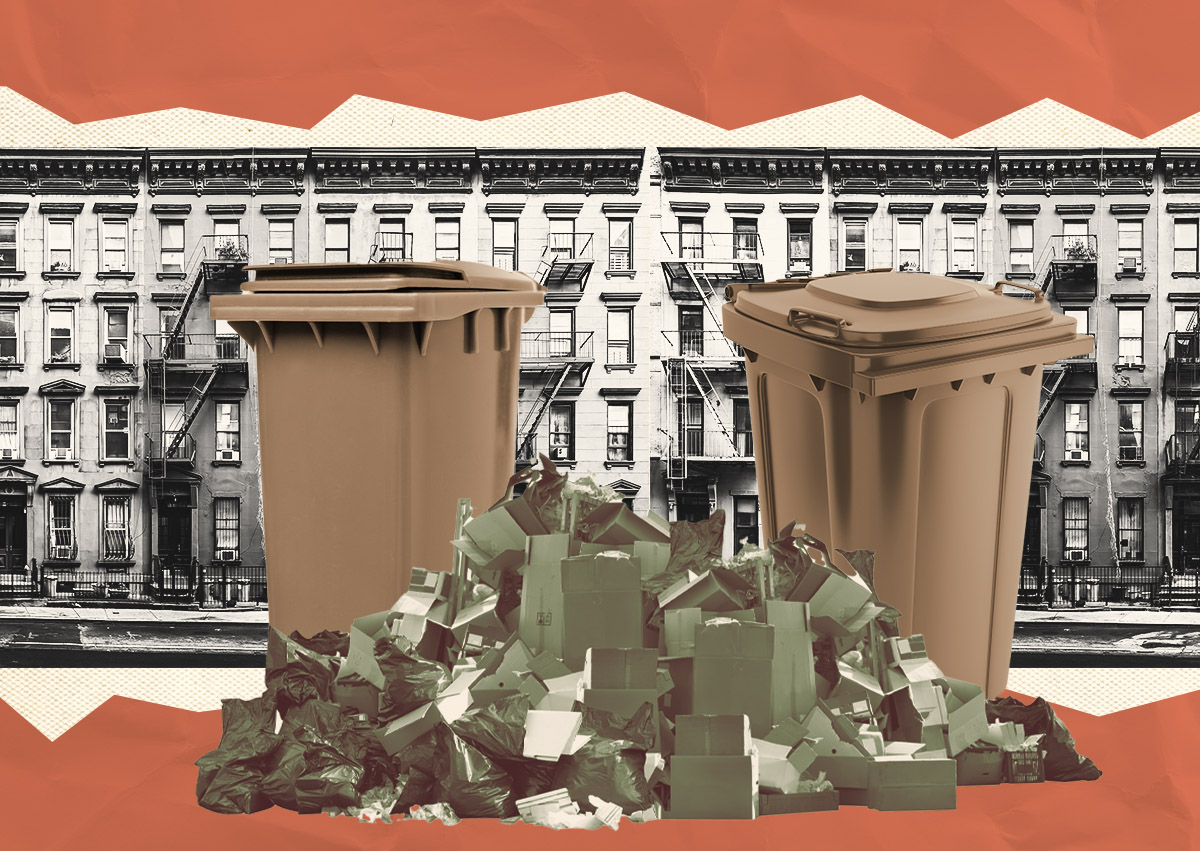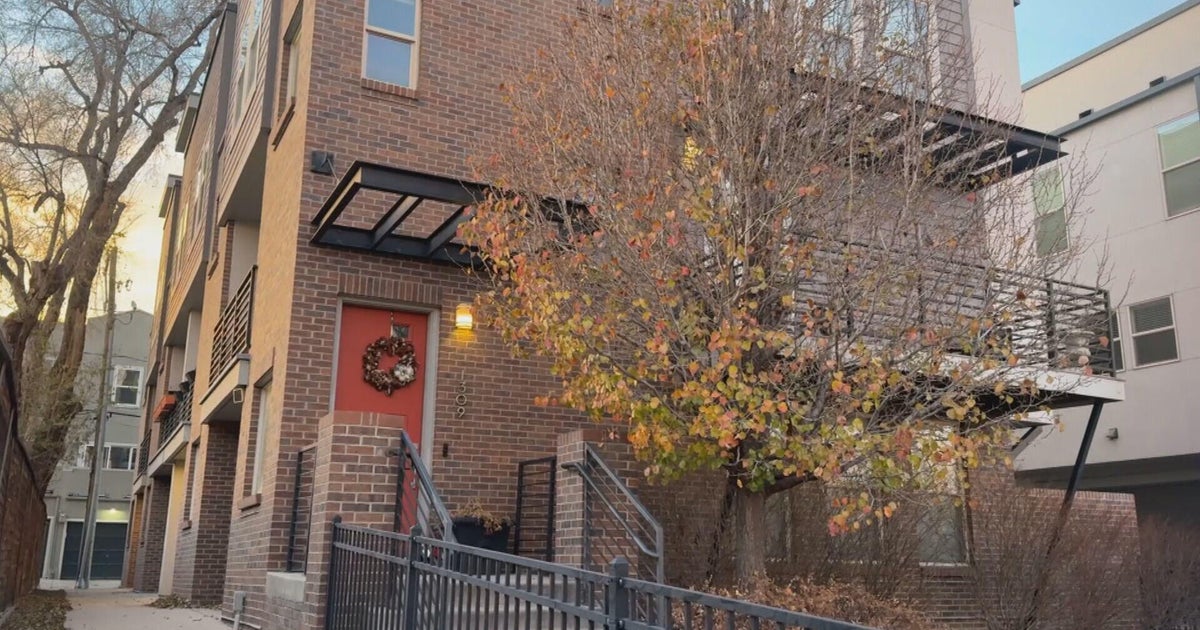C
omposting in New York City is touted as a solution for reducing waste, cutting down on rats' food supply, and slashing landfill expenses. However, the city's track record suggests it won't be easy to implement. Despite years of pilot programs, data shows they've largely failed, particularly at apartment buildings.
In theory, composting could work in NYC if residents were willing to separate their waste. But so far, that hasn't been the case. Even in affluent neighborhoods like Brownstone Brooklyn, where free brown bins were provided, many residents didn't bother to use them. The city's Department of Sanitation has tried another pilot program in Queens, but results were mixed.
The Real Estate Board of New York supports the city's zero-waste goal, but notes that composting will require sufficient staffing and education programs to succeed. However, the agency lacks resources for aggressive education efforts and is unlikely to get more staff. If food waste ends up in regular garbage, residents may lose faith and stop separating their waste.
Landlords are concerned about the added responsibility of implementing composting programs in multifamily buildings. Ann Korchak, board president of Small Property Owners of New York, notes that it will require a significant learning curve and behavioral changes from tenants. Without cooperation from residents, landlords fear fines and other penalties will be ineffective.
The city's plan to expand composting citywide may face significant challenges, particularly in multifamily buildings with shared trash chutes and lack of tenant cooperation. For many landlords, implementing composting programs will be a low priority, especially when compared to more pressing issues like rent collection and property maintenance.














